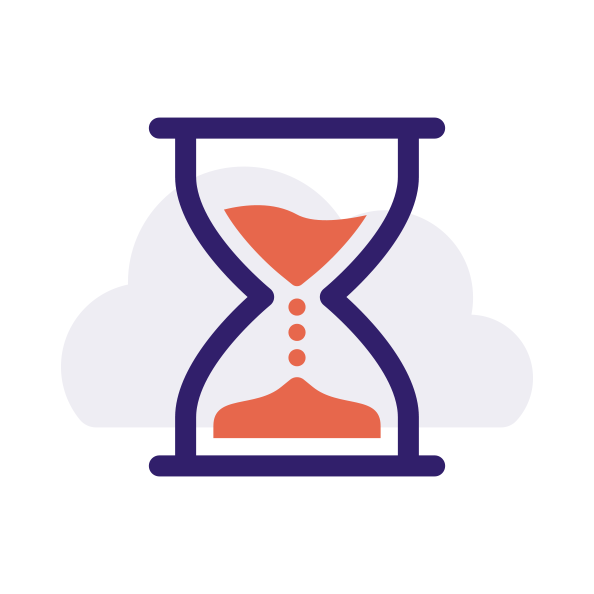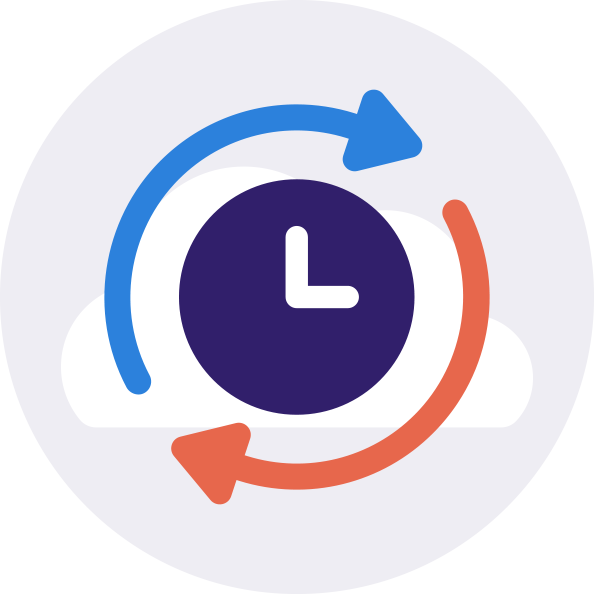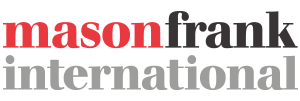
Insights for candidates
Salesforce contractor
Contractor workload






Longest contract length: 2 years and 4 months






Percentage of freelancers only working for one client: 43%
How to increase your contract rate
Determining the right contract rate can be challenging for Salesforce freelancers, but sometimes it’s necessary to get the compensation you deserve for your time—especially in the face of rising overheads and a spiraling cost of living.
Whatever the reason behind the increase, the best way to go about raising your rates with existing clients is to be prepared. Before approaching clients, carefully analyze your costs and market rates so you can clearly articulate the triggers behind the rate increase, such as increased project scope or a spike in business expenses. If you’re amending your rates to better reflect your market value, outline some key points to help you justify the move and demonstrate your increased value or additional responsibilities.
Here are a few tips on how to navigate these conversations effectively:
Demonstrate your value
Build a strong personal brand
Get used to negotiating
Attraction and retention
What makes a contractor accept a contract offer?
| Earning potential | |
| Ability to work remotely | |
| Duration of project | |
| Technologies used in the project | |
| Flexible hours | |
| Management philosophy | |
| Complexity of project | |
| Size of project | |
| Quality standards | |
| The industry the project/organization is in | |
| Other |
What are the key attributes you need to be a contractor?
What challenges do you face working as a contractor?


Finding new contracts/customers


There is lots of competition


Time management
| Work-life balance | |
| Clients changing the scope of a project | |
| Unrealistic expectations of clients | |
| What to do in periods of no work | |
| Lack of communication from clients | |
| Late customer payments/invoicing |
| Procrastination/motivation | |
| Keeping up-to-date with admin | |
| Knowing when to refuse a project because I already have enough work | |
| Knowing when to refuse a project because it's unsuitable | |
| None | |
| Other |
LinkedIn poll
What advice would contractors give to those considering going freelance?
“Before you freelance, make sure you have a clear understanding of your career goals and positioning. This includes identifying what you're good at, what services or products you want to offer, and your target customer base.”
Data Engineer, United States
“Be flexible, communicate often, set expectations, but above all else, get to know the client's business and users. The better you know their business and target user audience, the better solutions you can provide to meet their needs.”
Solution Architect, United States
“Make sure you are self-motivated and set a routine.”
Product Owner, United States
“Plan for the downtime of when you don't have a current client by saving up some money for it. Use that time to recharge, for travel, to look for new clients/roles, and to upskill your Salesforce knowledge.”
CPQ Consultant, United States
Conclusion
The lure of being your own boss is a powerful one, and as a result, freelancing remains a popular career choice for Salesforce professionals. Offering flexibility, autonomy and a high earning potential, there are huge benefits for those that can make it work. However, there is a price to pay for these benefits, with many freelancers experiencing instability and inconsistency in their workloads. Finding new clients is the primary challenge for 67% of our contractors, emphasizing the importance of networking and relationship building, especially in fallow periods.
MASON FRANK’S
CAREERS AND HIRING GUIDE
KEY FINDINGS 2025



